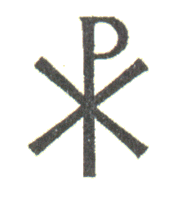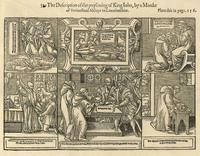
Found this article about Spurgeon and his view of sotierology. I found it on faithalone.org which is the home to the Grace Evangelical Society, a group that promotes the no-lordship view of salvation. The article was written by Jerry Harmon, who currently pastors a Reformed Baptist church in Bartlett.
The article is very evenhanded and I was surprised to find it on the GES website. Perhaps they posted it because the writer covers Spurgeon's explanation of human responsibility.
Here is the article.





